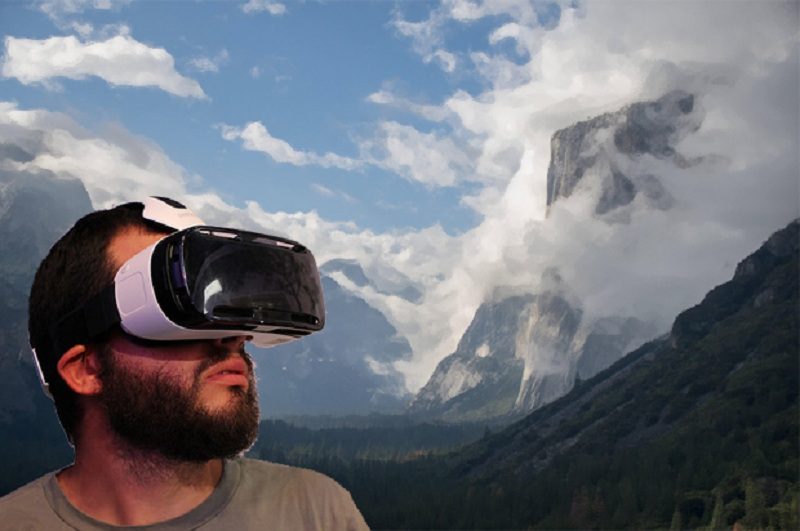Not too long ago, people were abuzz by an announcement that was straight out of a science fiction movie. Never have we thought about how virtual reality was going to be brought into, well, reality until the unveiling of the Oculus Rift last March 2016.
This was due to the attention that the technology itself has cultivated, spurning interest even more online. In fact, within the first few weeks it was introduced to the IT crowd, you could already see an Oculus Rift review here and there.
The news itself was met by an ecstatic crowd of tech aficionados who accept many more innovations to come in the Rift’s wake. For sure, the VR era will not stop with the Oculus Rift as other companies are tapping into this newfound market in the tech and software industry.
Just recently, Variety has pegged revenue for the VR market at $7 billion for 2017. The numbers will get even bigger as more and more startups have decided to tread into a whole new world of possibilities.
Much of this optimism has been influenced by a desire for companies to take advantage of this fascination that the general public has for VR technology. But even more so, tech gurus and consultants are confident of VR’s potential to shape innovations in the years to come.
With that let’s look at how VR can point the way to the future.
Continued revisions
Alongside praise for VR technology, there has also been a considerable amount of doubt at what it can actually provide right off the bat.
Issues such as a lack of motion control and a vertigo-inducing experience have hounded the Rift’s debut. But anyone can tell you that technology does start off in primitively, and it makes sense that VR was not perfect the moment Facebook, the brand that initiated the development of the Oculus Rift, announced its venture into this vastly unexplored arena.
There is still room to be optimistic. As Forbes contributing writer David Ewalt points out, the Rift is not that perfect a piece of technology. True that it has its downsides that critics can drool over, but like everything else in the field of technological innovation, VR can be improved even further, especially now that everyone is waiting for how the Oculus Rift 2 will fair. Ewalt even predicts that the continued development of VR technology will eventually hit living rooms everywhere. Only time will tell, of course.
Influence on other media
VR technology is every gamer’s dream. Realism, after all, is the only thing that makes a truly exciting gaming experience, and hardware such as the Oculus Rift can properly satisfies this demand for immersive gameplay.
But Ewalt also expects for VR technology to break barriers. He argues that such technology will be able to go beyond the gaming industry and affect other entertainment areas as well. We will be seeing more movies or television shows that literally absorbs viewers into the narratives. But it remains to be seen how VR can also influence other aspects of society as well, particularly warfare and disaster response.
